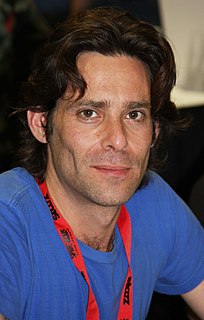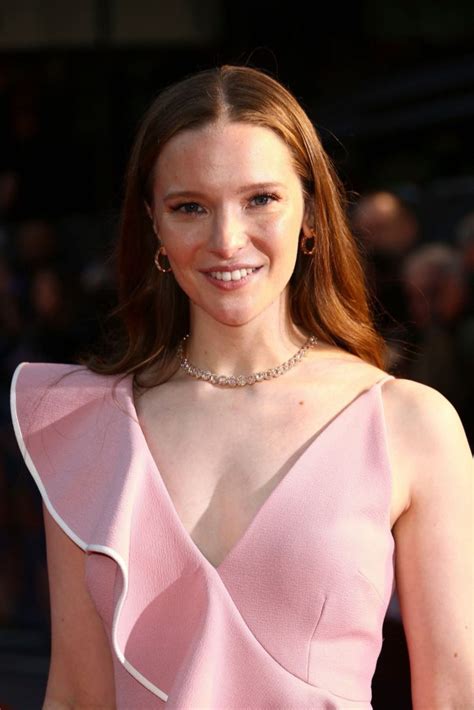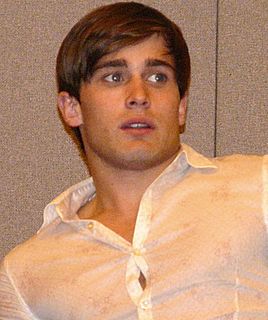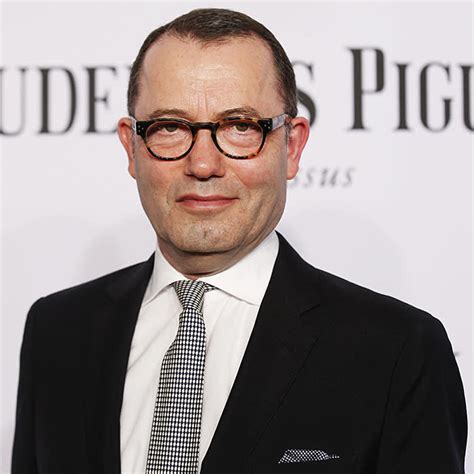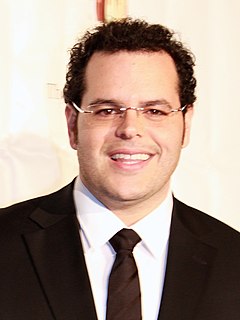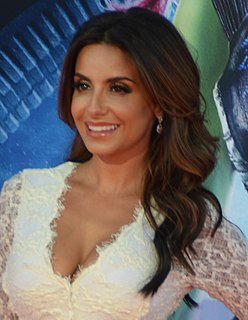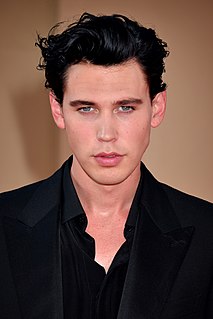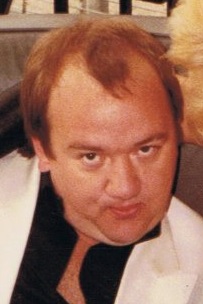A Quote by James Callis
Film and television as a medium has only very recently begun to be taught at the great drama schools in the UK. When I was at drama school in the UK, I was there for two and a half years, and we did one week of television and film. It's right before you leave. It's like, "We've taught you Anton Chekhov and William Shakespeare, you are likely to be in a washing-up soap-liquid commercial."
Related Quotes
I grew up doing plays - I went to a stage school after school - and it's always something that I've wanted to do, but, in a weird way, if you do television and film and you didn't go to drama school and don't have a theatrical background, it's hard to get your foot in the door. In the same way that it is for theater actors to get into television and film. There's a weird prejudice that goes both ways.
When I went to Yale, I thought it would be like in Stenford 24 hours a day. Robert Brustein, former dean of the Yale School of Drama and founder of the Yale Repertory Theater was there, and we did all this very serious - I would go so far as to say completely humorless - Eastern European drama, as well as August Strindberg, and Henrik Ibsen, we weren't allowed to do William Shakespeare or Tennessee Williams or Eugene O'Neill. I was not in the right place.
I went to drama school for four years at Carnegie Mellon, conservatory training before television comedy. I was doing Shakespeare and Chekov plays. It's about delivering on the promise of a $100,000 education and taking the shackles off and trying the hand at my craft. I'm thrilled with what I've seen so far.
After the play of 'Fleabag,' we had conversations with different channels and with film companies about whether 'Fleabag' should be a half-hour sitcom, an hourlong, serialized drama, or a film. And I knew that it couldn't be a drama because I wanted to hide the drama - that had to be the surprise. I knew it had to be comedy.
I wish that there was a program in college that taught you what to do about getting head shots, how to get an agent, how to get a manager, how to - none of that was taught. It was all your craft, and I'm very appreciative that they taught the craft in theater, but film and television are completely different than theater.
